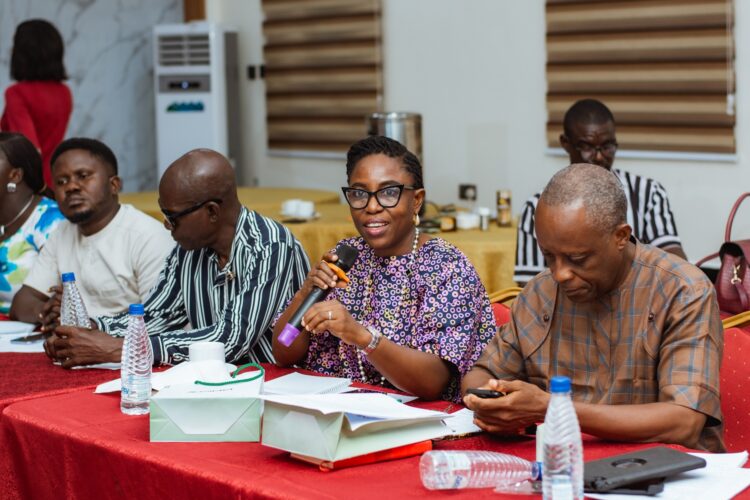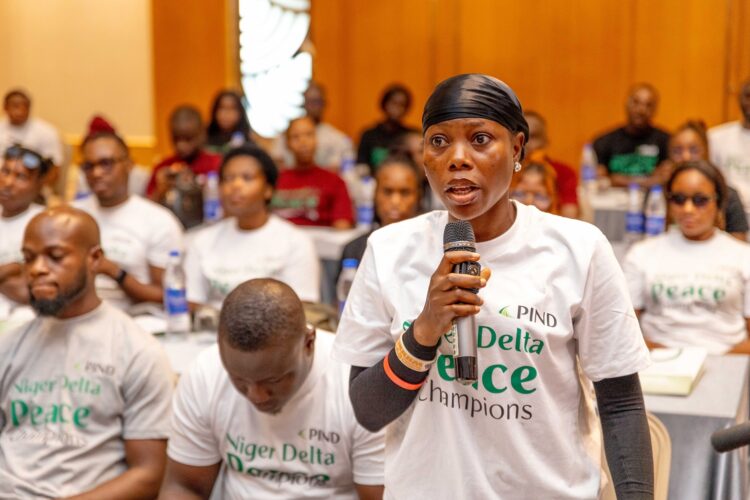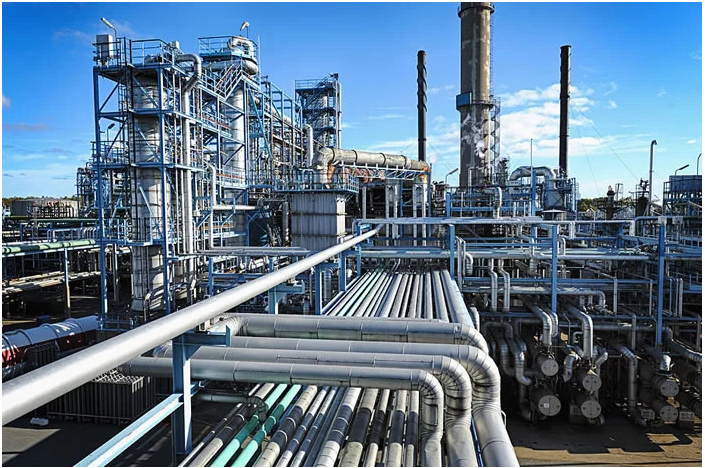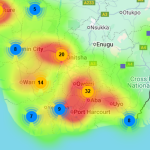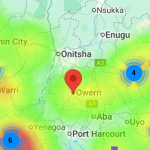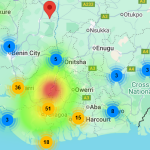
Rivers trains 25,000 job seekers to tackle unemployment
November 1, 2018
FG, others move to re-integrate 30,000 Niger Delta ex-agitators
November 2, 2018
Connected Development on Wednesday, October 31, played host key stakeholders in the oil and gas sector. The event was a national policy colloquium on business principles to increase transparency and accountability in the sector. The focus was on the impact of the sector’s policies on host communities in the Niger Delta region.
The Chief Executive Officer of Connected Development (CODE), Hamzat Lawal, has called for transparency and accountability in the Nigerian oil and gas sector, so that the sector’s policies can have a positive impact on host communities in the oil rich Niger Delta region. Lawal stated this while speaking to journalists on the sidelines of the national policy colloquium on business principles to increase transparency and accountability in the sector, organised by CODE.
According to him, “our government will spend over $1billion for the Ogoni clean up, rather than having more re-occurrence, we are hosting this meeting to come up with policy directions and some resolutions with policy solutions. “So that, hopefully the president signs the PIGB bill and the National Assembly keep deliberating on other components of this bill, we will be able to mobilize citizens to hold government to account but beyond that, also to contribute to governance in the oil and gas sector.
“So, today, we converged this meeting bringing government, private sector, research institutions, civil society partners and host communities to deliberate these issues and bring about solutions to ensure that Nigeria progress and build that confidence in the international communities as we keep exploring gas in host communities.”
Earlier, during his welcome remarks, Lawal reiterated the convoluted nature of the oil and gas sector, bemoaning the underdevelopment that contrasts the wealth that drives Nigeria’s economy. He also confirmed CODE’s desire to work with the Nigeria Extractive Industries Transparency Initiative (NEITI) on data for better policy advocacy.
Also speaking at the event, Henry Ushie of Oxfam Nigeria, bemoaned the number of outdated laws and policies in the extractive sectors in Nigeria. He also expressed Oxfam’s commitment to work with CODE and Civil Society Legislative Advocacy Centre (CISLAC), in improving civic conversations around natural resource governance in Nigeria.
There were also presentations from Dr Zibima Tubodenyefa of the Niger Delta University, Ken Henshaw of We The People, Kolo Kenneth of CODE and Henry Ushie of Oxfam. A panel discussion with the theme: ‘Driving the Nigeria oil and gas industry towards sustainable development and growth’ was also held with representatives of NEITI, NNPC and NRGI participating.
READ ALSO: Request for Proposal: Peacebuilding Projects in Specific Niger Delta States
PIGB detrimental to Niger Delta’s interest, stakeholders insist
FG increases gas flare penalty from N10 to N613
At the end of the policy conversations, participants at the colloquium agreed that Nigeriahas to reinforce its existing and inculcate open governance for transparency to thrive in the oil sector.
Meanwhile, Professor Charles Dokubo, the special adviser to President Muhammadu Buhari on Niger Delta and the coordinator of the presidential amnesty programme, has said that he would not succumb to pressure to share funds meant for ex-militants.
Speaking at a meeting in Abuja on Wednesday, October 10, Dokubo urged Niger Deltans to dismiss false criticism and wholeheartedly lend their support to the programme, adding that he will do his utmost to ensure that the funds are shared with fairness despite pressures on him to do otherwise.
Dokubo stated that he was unmoved by the desperation of some persons using the media to harass and blackmail him for his refusal to disburse the funds to those not enlisted as beneficiaries in the programme.
Culled from: Legit



